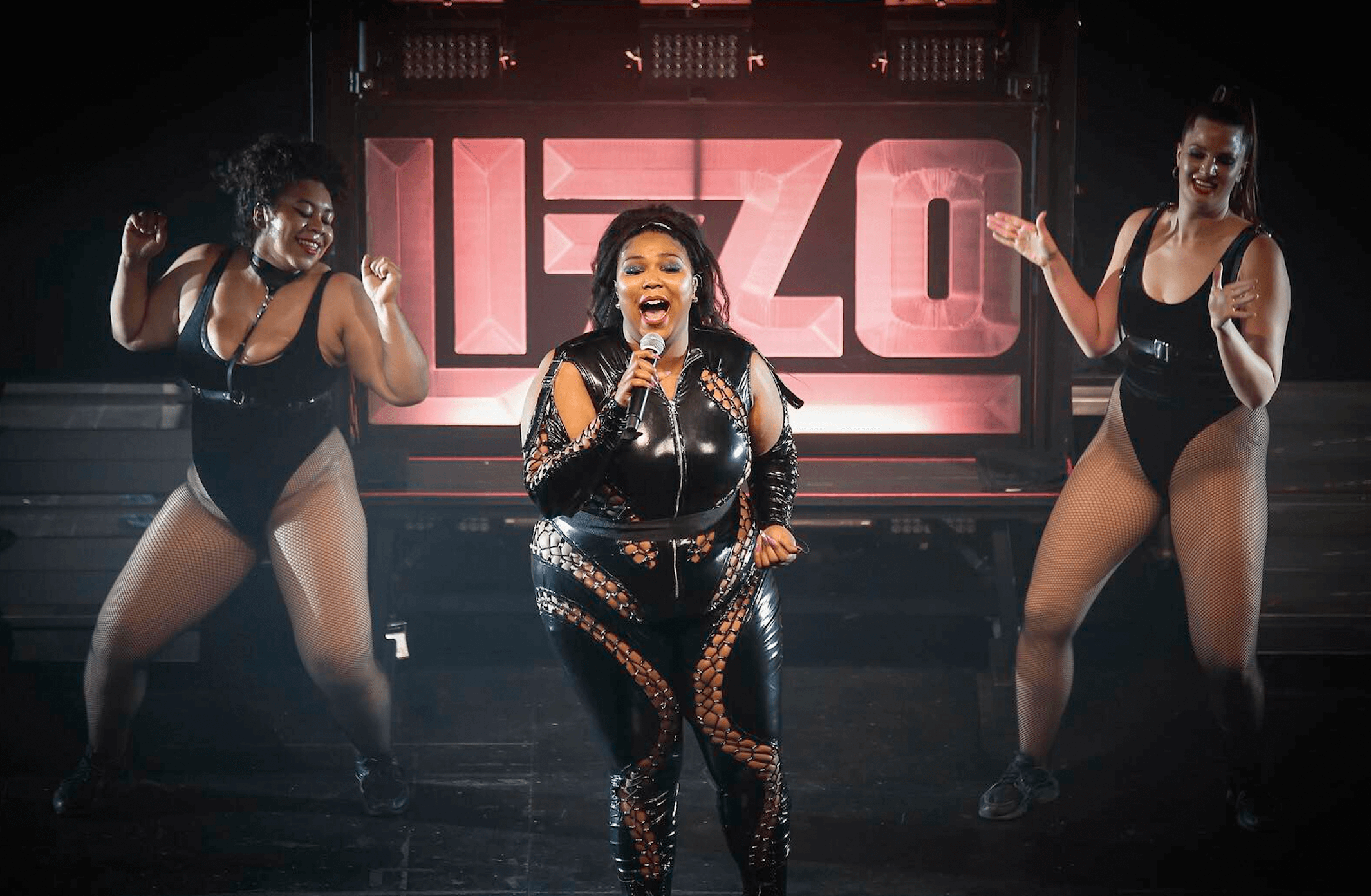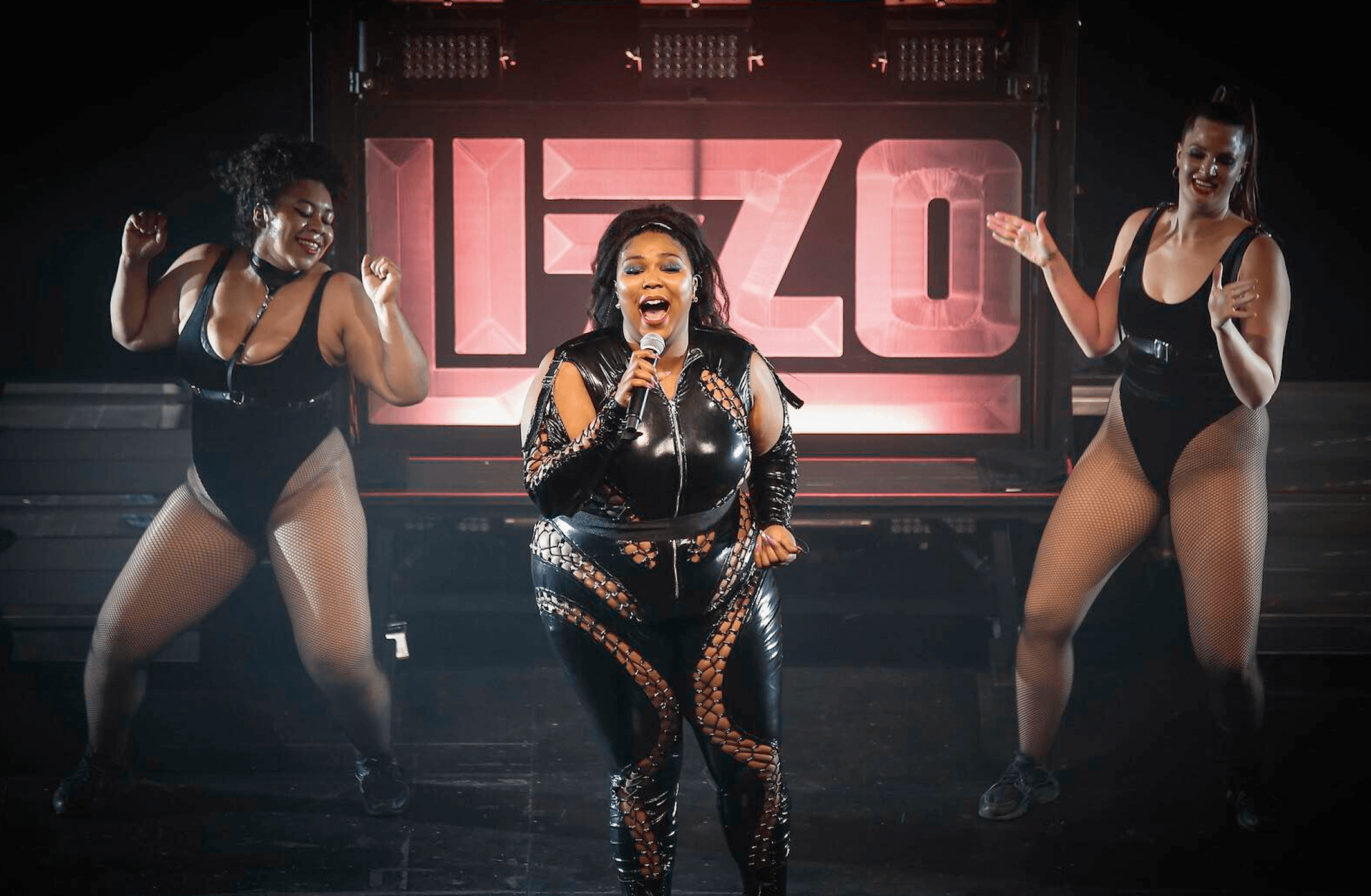March 30
On Wednesday, Lizzo announced that she is launching a new shapewear line, YITTY. The brand is designed to be inclusive of all body types. This is great. But the line is also being made through Fabletics, a fast fashion company that outsources its production to factories in emerging economies rife with abusive and environmentally harmful conditions. That is less great.
Lizzo’s line is not unique in its exposure to this problem. Rather, it reflects a larger reality in the US fashion industry and its intersection with US celebrity. It is a quintessential example of the US emphasis on branding over building – and the harm that can result.
Lizzo’s line is also an example of a possible alternative. Celebrities have the financial cushion and the social influence to introduce ethics into the marketplace, whether that’s in the form of inclusive shapewear or recycled fabric lingerie. Now, it’s time for them to insert ethics into their production – and production into their framing of ethics. It’s time for influencers to invest in actually making things, responsibly.
There’s a clear playbook for US celebrities. Step one: Get famous. Step two: launch a consumer goods line. For reality TV stars trying to cash in on their ten minutes of fame, this tends to take the shape of swimsuit lines and scrunchy sets. A-listers do it bigger – think Kim Kardashian and Skims or Jessica Simpson and Jessica Simpson. And increasingly, A-listers are working to commodify value sets in the process: Lizzo’s shapewear line sells body positivity; Devi Lovato’s 2020 collection COVID-19 relief funding.
But what these celebrity lines don’t provide is production. Just about across the board, they outsource manufacturing such that the proliferation of celebrity-endorsed goods fails to encourage US industry – and, on the contrary, tends to support supply chains built on abusive labor and dangerous environmental conditions.
Fabletics, Lizzo’s production partner, offers a ripe example. Co-founded by Kate Hudson, the company brands off of her name, as well as partnerships with other buzzy celebrities like Demo Lovato and, now, Lizzo. It claims a value-based mission: “Inclusivity inspires everything we do.” It also relies on materials and production from factories across Asia and Africa (though it does not disclose which ones). In June 2021, a Time report published complaints from dozens of workers at a Fabletics supplier in Lesotho of abuse and harassment, including sexual harassment.
It’s time for new playbook for the American celebrity: It’s time for US celebrities to start launching lines – whether in fashion or home goods or, hell, roofing tiles – produced in America, with American materials, according to American norms. In encouraging domestic production, they would fuel good domestic jobs. They could adopt strict ethical standards to create a new best in class model for working conditions and environmental responsibility that the rest of the market would be pressured to follow. In endorsing that model, they could encourage consumers to embrace it too; to vote with their wallets for production that benefits society.
These lines wouldn’t have to just promise a value set. They would be made according to one.
Of course, such a business model would be expensive. Humane, environmentally responsible production costs money; this is not a profit-maximizing solution. But A-list celebrities are uniquely capable of incorporating more than just profit margins into their business calculus. And they are influencers. They are also uniquely capable of encouraging the market and consumers to do the same.
Over recent decades, the US has lost much of its industrial foundation, with it a key cornerstone of national security, opportunity, and long-term prosperity. But over this period, the US has only strengthened its branding acumen. It’s time, now, that we use our ability to brand in order to shore up our ability to produce. That should be the point of celebrity.
(Photo by Pexels)




